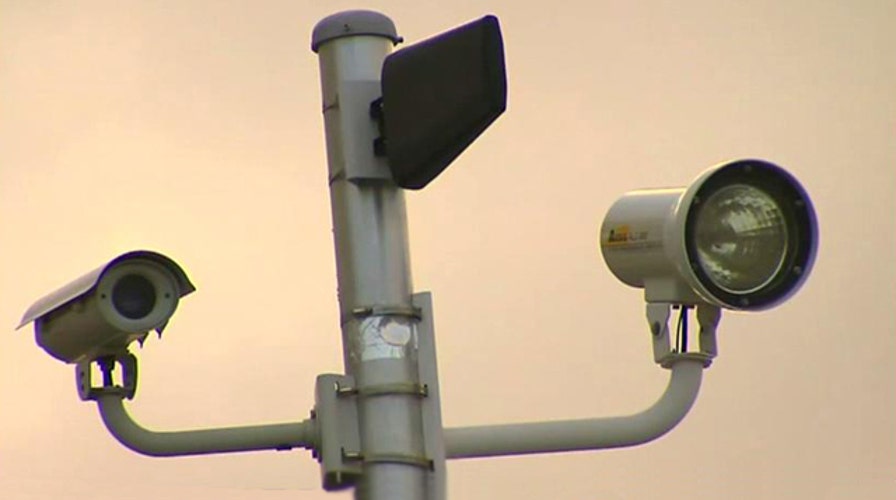When 21-year old Nicole Westbrook was gunned down in Seattle last year in a drive-by homicide, an apartment building security camera captured a grainy image of the side of the suspect's car.
Police wanted to look at clearer video from a nearby red-light camera to try and see the license plate. But state law bars them from accessing the video, and the murder remains unsolved.
Police and prosecutors, though, are now backing a Washington state bill that would allow law enforcement to use footage from not only red-light cameras, but also cameras that catch speeders and others. The bill passed the state House last week, and is now in committee in the Senate.
"It could mean the difference of not only solving the case, but also making sure we're getting some of the most dangerous criminals off our streets," said Seattle Police Department Deputy Chief Nick Metz.
Before accessing the video in criminal cases, police would have to have a signed search warrant.
Still, some are concerned the move to let law enforcement view this footage could be a slippery slope. The American Civil Liberties Union calls it mission creep.
"When red-light cameras were first put up, it was with a very clear understanding to the public that this would be for traffic enforcement," said Doug Honig, of the ACLU in Seattle. "There's a lot of concern that we not start building the infrastructure of a surveillance society."
Twenty-five states have red-light cameras. Many, including Washington state, specified in the law that the cameras be for traffic enforcement only.
In some other states, the cameras have been used to bust criminals. A cattle rustler was caught on tape driving through a red light with stolen steers in Florida. A picture of a car thief was snapped as he drove through an intersection in Colorado. And a fatal hit-and-run was captured on tape in Arizona, leading to the arrest of the driver. Prosecutors say the right to privacy is not being violated.
"Once you walk out your door and walk down that sidewalk, you lose the expectation of privacy," said King County Washington Prosecuting Attorney Dan Satterberg. "By definition, things you do in public are not private."
But Washingtonians have always been wary of big brother. Recently, there was an outcry over waterfront surveillance cameras, and the mayor just nixed the use of two drones given to the city by the federal government.
"I don't want to be under surveillance," said Sam Bellomio, of Stand Up America in Seattle. "Where does it end?"





